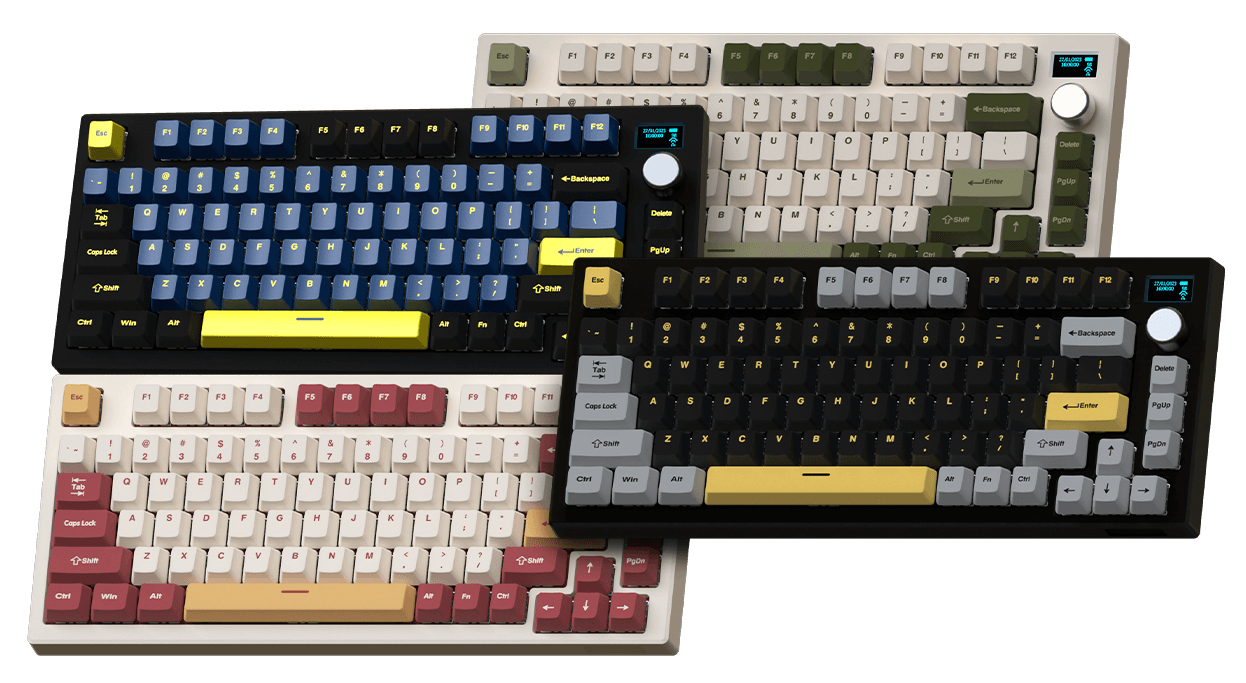AI is undeniably transforming the gaming industry, driving innovations that were once thought to be impossible. Here’s how it’s shaping the future of gaming, from intelligent NPCs to the evolution of game testing:
1. More Intelligent Non-Player Characters (NPCs)
AI is making NPCs smarter, enhancing their ability to react and adapt to players. Instead of simply following pre-programmed patterns, NPCs in games like The Elder Scrolls V: Skyrim or Red Dead Redemption 2 now have routines, motivations, and dynamic responses. This evolution allows NPCs to create a more immersive and unpredictable world, making games feel more alive.
2. Procedural Content Generation
Building vast game worlds can be time-consuming and expensive. With AI, procedural content generation (PCG) is streamlining this process. For instance, No Man’s Sky uses AI algorithms to create an almost infinite universe of planets, ecosystems, and lifeforms, providing players with unique experiences every time they play. This method benefits indie developers by allowing them to create expansive worlds without requiring massive resources.
3. Personalized Gaming Experience
AI personalizes the gaming experience by analyzing player behavior and adjusting game content accordingly. For example, Left 4 Dead uses an AI “Director” to modify the pace of the game based on the player’s performance, ensuring the experience remains challenging or relaxing as needed. AI-driven personalization keeps players engaged by tailoring difficulty, strategies, and content to individual preferences.
4. Improving Graphics and Animations
AI is enhancing game visuals, making them sharper and more realistic. NVIDIA’s Deep Learning SuperSampling (DLSS) uses AI to upscale lower-resolution images, improving the visual quality without overburdening hardware. AI is also improving motion capture, generating lifelike character animations that contribute to more engaging and expressive storytelling.
5. Revolutionizing Game Testing
AI is speeding up the game testing process by identifying bugs and gameplay inconsistencies in a fraction of the time it takes human testers. AI-driven tools simulate millions of playthroughs to detect issues that would be impossible for human testers to find. This allows developers to focus on creative challenges while AI handles the repetitive, time-consuming tasks.
6. Voice and Emotion Recognition
In games that emphasize storytelling, AI is adding a layer of interaction through voice and emotion recognition. Games can now adapt based on a player’s emotional state or voice tone, tailoring gameplay to heighten the emotional experience. This creates more immersive and responsive narratives that feel personalized and dynamic.
7. Esports and AI Coaching
AI is also making its mark in esports, with platforms like SenpAI and Gosu AI offering coaching tools to improve player performance. AI-driven analysis helps players understand their strengths and weaknesses, allowing them to develop better strategies. These AI tools are also helping to make esports more accessible, offering coaching for casual gamers and aspiring professionals alike.
8. Ethical Considerations and Challenges
While AI presents exciting possibilities, it also raises ethical concerns. Issues like data privacy, the potential for job displacement, and the morality of AI-driven decision-making in games must be addressed. Additionally, over-reliance on AI could lead to formulaic game designs, especially in procedural content generation, where players may become disengaged if the content lacks cohesion.
9. The Future of AI in Gaming
AI is still in the early stages of its impact on gaming, and the future holds incredible potential. We may see fully autonomous virtual worlds, where AI not only designs content but also creates narratives and challenges that adapt to the player’s decisions. The integration of AI promises to keep gaming fresh, innovative, and more deeply engaging, ensuring that the gaming experience continues to evolve in exciting new directions.
In conclusion, AI is reshaping the gaming landscape in profound ways, enhancing gameplay, improving graphics, and creating more immersive experiences. As the technology continues to advance, AI will undoubtedly continue to play a key role in the evolution of gaming, making it an even more dynamic and personalized form of entertainment.






